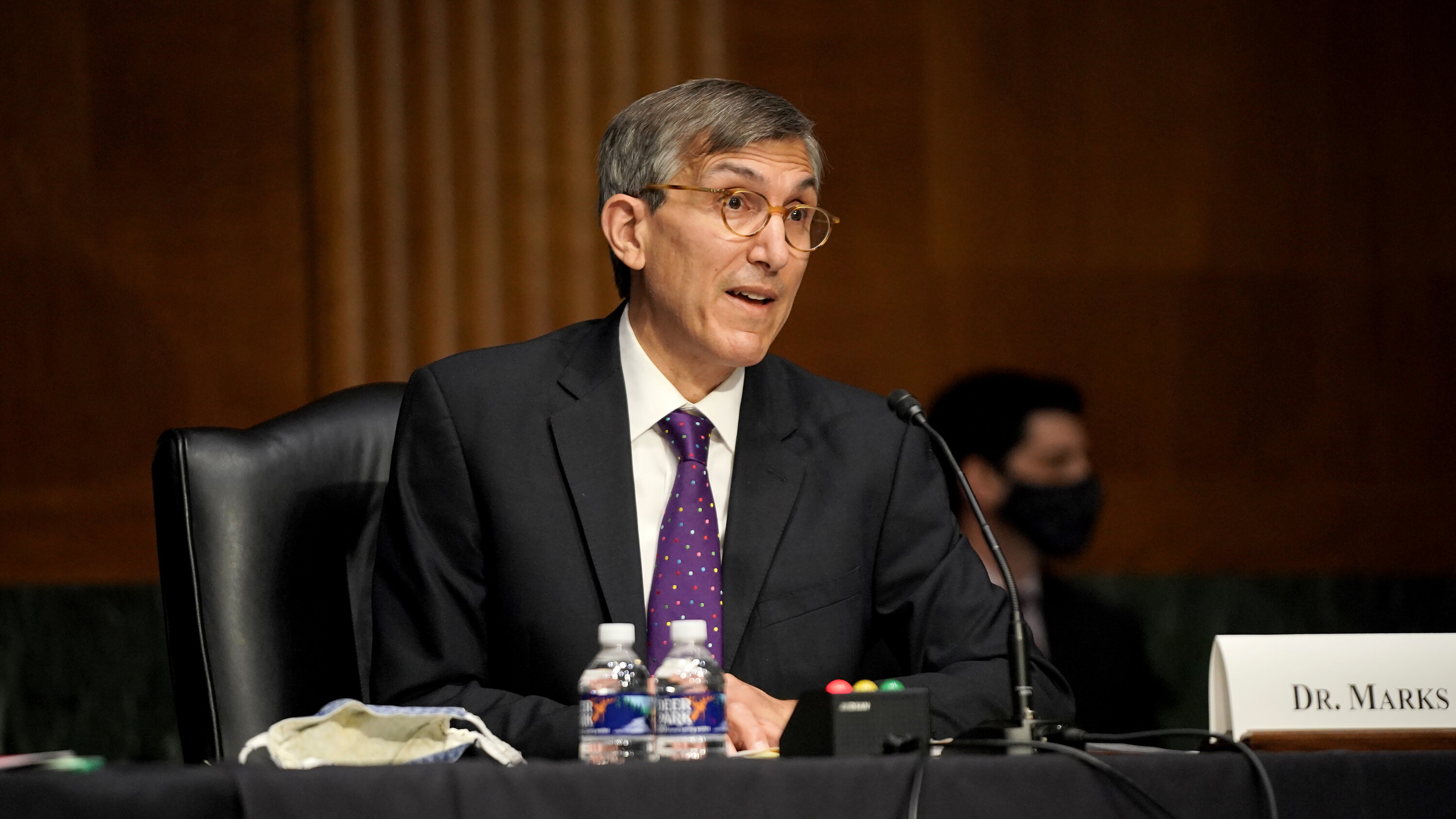Breaking: Top Vaccine Regulator Exits FDA, Blasts Kennedy's Vaccine Narrative

In a powerful statement addressing vaccine hesitancy, Dr. Peter Marks, a seasoned expert at the FDA, has strongly cautioned against efforts that could potentially erode public trust in vaccination. Drawing from his extensive experience, Marks emphasized that undermining vaccine confidence is not just irresponsible, but poses a significant threat to overall public health.
With decades of scientific expertise, Dr. Marks highlighted the critical importance of maintaining public trust in vaccines, which have been instrumental in preventing countless serious illnesses and saving millions of lives worldwide. His passionate plea serves as a crucial reminder of the potential consequences of spreading misinformation and sowing doubt about immunization strategies.
The veteran health official stressed that vaccine confidence is a delicate ecosystem that requires careful nurturing and responsible communication. Any attempts to deliberately undermine this trust could have far-reaching and potentially devastating implications for community health and individual protection against preventable diseases.
